Bio
No More Mamzers!
“They are a bunch of “mamzers!” My grandmother — a German Jew — said about everyone she felt had slighted her. There were many In her Oxford Circle neighborhood in Northeast Philly, since she was seen as the complaining crazy lady on the block. My father called her “Marge,” the name my grandfather had given her as a joke after they visited dad in the hospital when he had scarlet fever. She had been kvetching about something, as she often did. “You’re a real good kid, Marge!” Pop Pop Al said that day. He never called her Eva again.
To me she was Mom Mom. Her world seemed preferable to how regular people lived. “One day, the Messiah will come riding in on a white horse.” She told me as a child. It didn’t matter that we weren’t religious or that she might have been confusing Torah with Walt Disney. I believed her. She told me the story of The Little Match Girl — the Hans Christian Andersen fairy tale — about a child orphan outside, who had to sell matches to survive. “If Grandma was left out in the cold and nobody would help her, would you take her in?” I wrapped my little arms around her perfumed neck. “Yes, Mom Mom. Yes!” She would tickle me until I fell over, then pick me up and cover me with kisses that sometimes left neon tangerine stains on my cheeks from her lipstick.
She had a full cabinet of mystical creatures: pairs of tiny crystal kittens; dolphins; and swans that she collected in various sizes. I would press my stubby nose against the glass to see them up close. Mom Mom kept them locked up so they wouldn’t break. She didn’t like to separate the couples. But every so often, she’d take one or two out to show me: each miniature unique in some detail. The beveled wings of the swans or the tiny painted pink noses of the cats.
Sleepovers at Mom Mom’s were memorable, especially in the mornings. Mom would prepare elaborate breakfasts of fun foods. She toasted Lender’s bagels — smaller than the adult versions, about he size of tennis balls — buttered them, then topped them with slices of Kraft American cheese. She would put out a big plate of salted cucumbers and tomatoes. She’d open a pot of cottage cheese topped with pineapple. Then we’d eat Sarah Lee cupcakes before she’d take me back upstairs to get dressed for our shopping sprees. If I allowed her time at her boudoir — a long bureau, upon which were placed myriad antique perfume bottles filled with different fragrances — I would be allowed to pick out a scent to wear that day. I remember a favorite, in a tiny heart shaped bottle. Once my grandmother had penciled in her eyebrows and covered the lids of her brown eyes with sky blue powder, she would apply mascara, then, from one of her drawers, select a printed scarf that she would tie around her neck. As she did this, I mimicked the poses of the tiny dancer on the Degas print hanging on the corner wall. I enjoyed watching the shadow of my dancing self on the carpet as the sunlight streamed in. My reward were dabs of sweet nectar from the heart shaped bottle that I had chosen, applied quite specifically. “Close your eyes and put out your wrists!” Mom Mom started with the right, then the left hand, and behind each earlobe. “Open your eyes!” She’d say. She’d cup my tiny wrists, pressing them together between her warm fingers and shake them up and down three times, so that my body would absorb the tangy jasmine notes. Then we’d go to Kresge’s Department Store.
Pop Pop honked the horn of his outsized Buick out front. I’d climb into the back seat. “What are you doing Al? We were supposed to turn there!” My grandfather usually gave her the side eye. “Leave me alone, Marge!” They argued constantly, but I don’t remember much of it, just certain phrases, names, like “mamzer” — because apparently, there were plenty of those — or the “Ha Ha Girl,” the title my grandmother had ascribed to the chubby gentile girl who lived on the corner. Her belly shook when she laughed, which is why she was called “Haha.”
At Kresge’s, Mom Mom usually shopped for beauty products or socks that kept her circulation going. We’d always stop in the toy section where she would buy me coloring books; crayons; or, on rarer occasions, a Barbie doll. These were my rewards for patience while she sampled the support panty hose on the upside down legs in the display. I don’t recall the store being especially big, like a real mall. They seemed to have all the basics Mom Mom needed like socks; bras; girdles; knitted sweaters; hats; and happily for me, dolls and games. No matter what, we’d end up on the plump cherry red stools of the restaurant counter. Mom Mom would order chicken soup and I would get a hamburger and curly fries.
My grandparents lived in a twin home on Kindred Street. The name now strikes me as funny, since kindred means “one’s family and relations;” yet Mom Mom fought with the house attached to hers. She thought the woman residing there was talking badly about her. She had three kids — two boys and a girl — and one of the boys was my age. Mom Mom kvetched that the neighbor let her children run wild. They would cross onto Mom Mom’s side of the lawn, crush her flowers. Once she came outside to yell at them and the smallest boy, who was my age, stuck out his tongue.
While my parents were traveling in Europe one summer, they left me with Mom Mom. To mark the occasion — and to ensure that I had playmates — she invited the children on the block , including the Ha Ha Girl and the next door kids, to an ice cream and cake party. The mother next door — seeing that my grandmother was eager to entertain her grandchild — realized an opportunity for some free time and supervised baby sitting of her children. My grandmother jumped right into the activities, teaching us how to make boats and pirate hats out of newspapers. We’d host tea parties on her lawn chairs. She quoted passages from Uncle Wiggily. Even Pop Pop Al, who my grandmother complained was always “under the hood of his car, fixing something,” surfaced to play dominoes.
Thus, for a couple of sunny months, the ‘kinder’ on Kindred Street restored the peace.
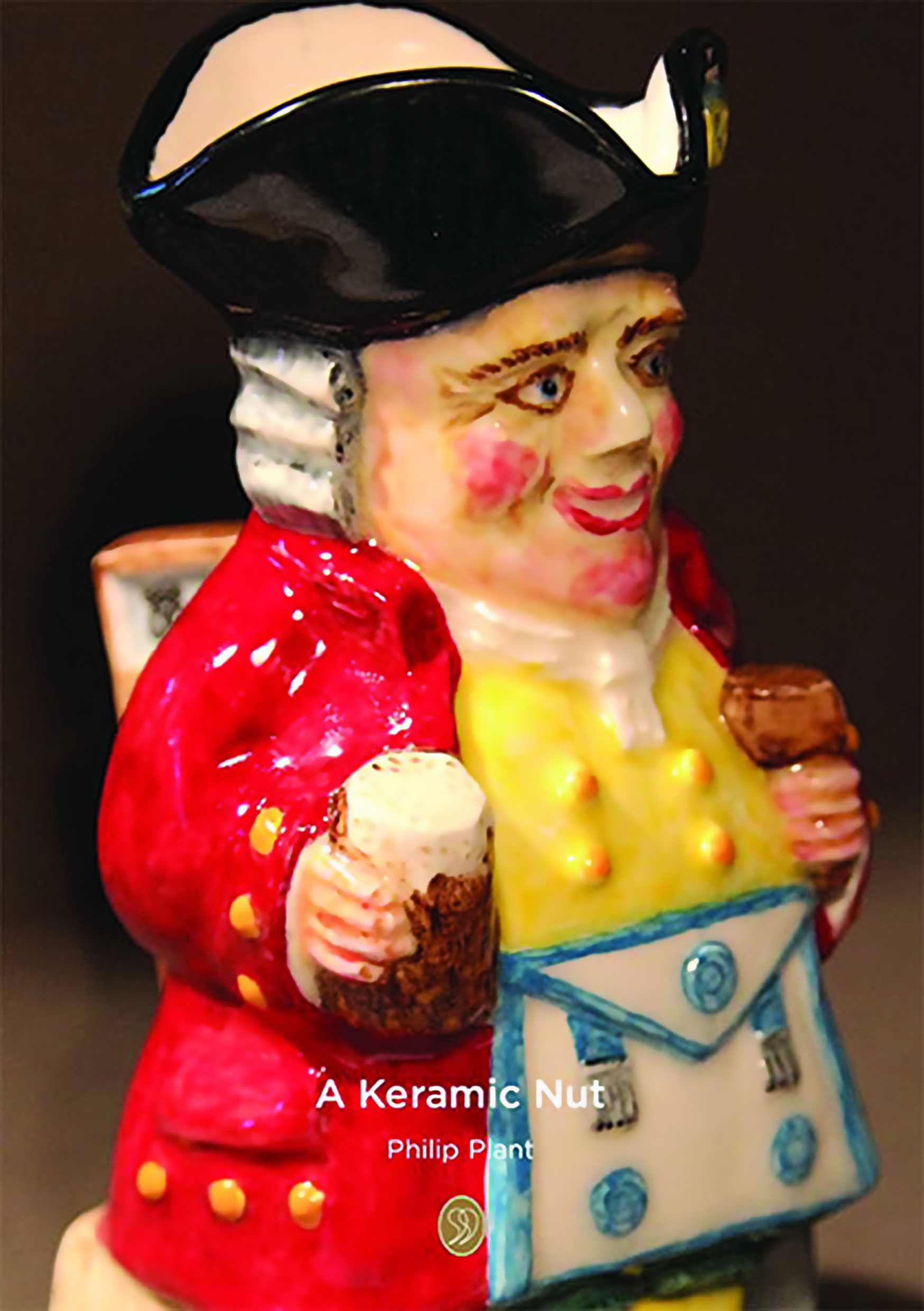

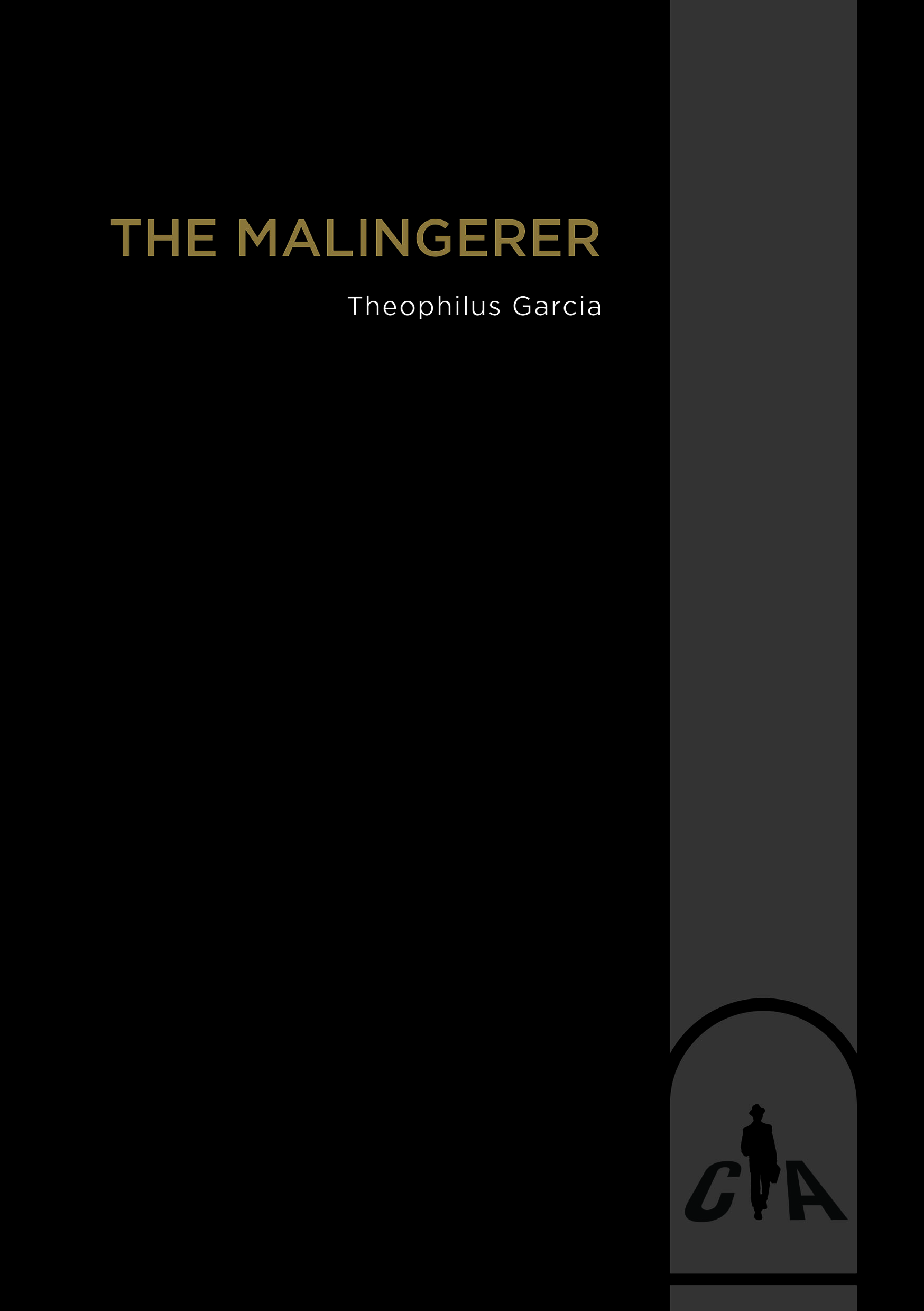

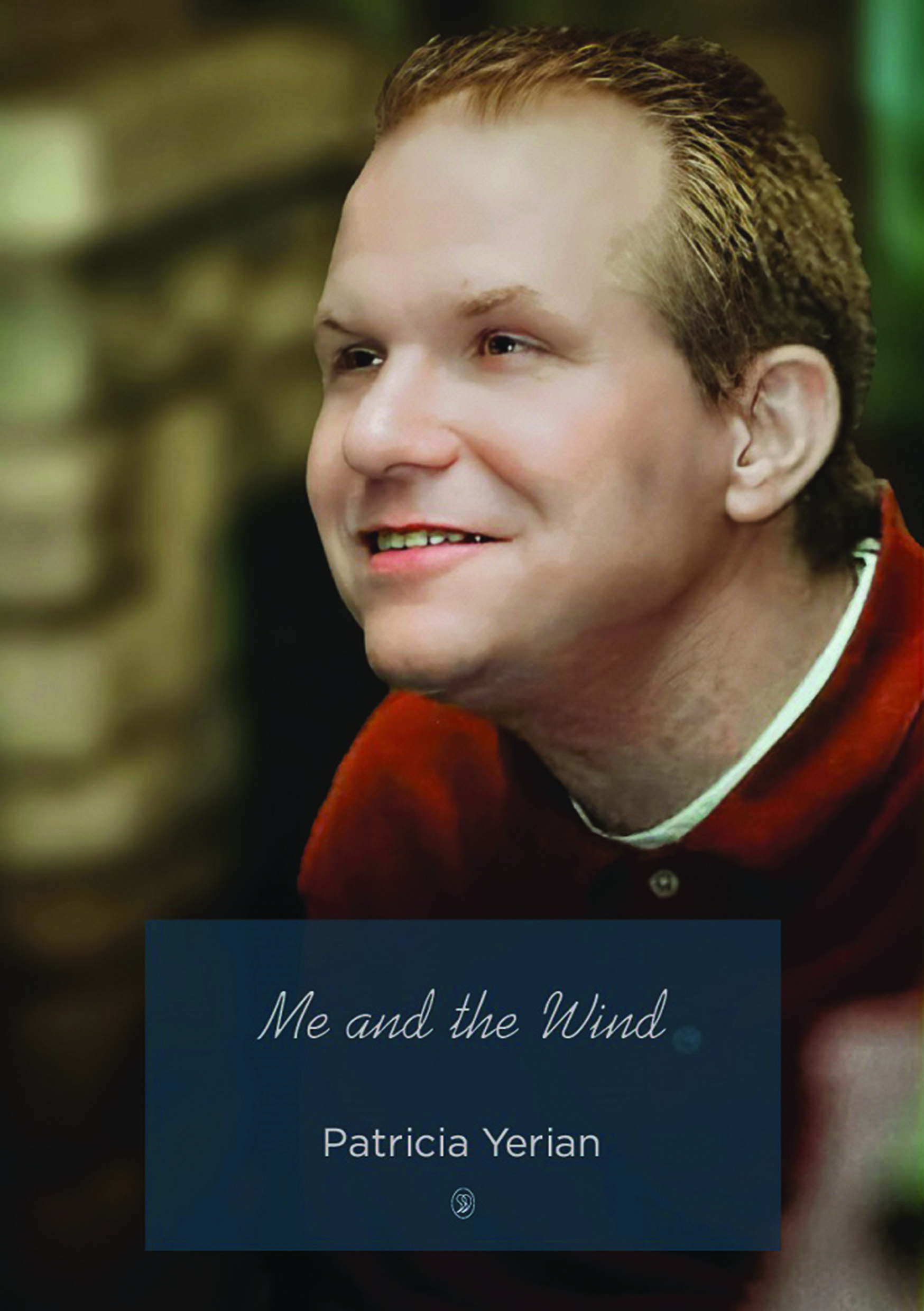

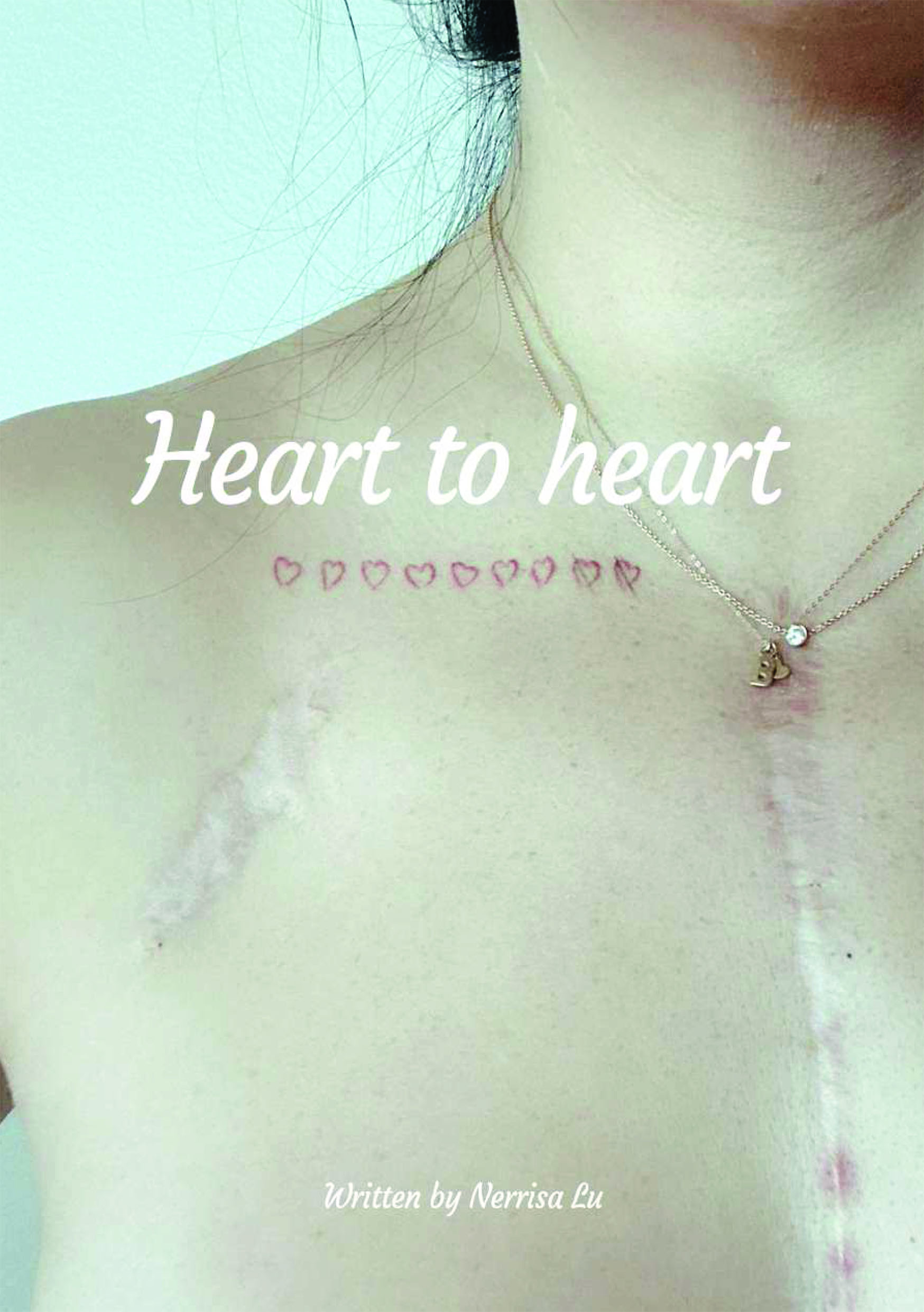

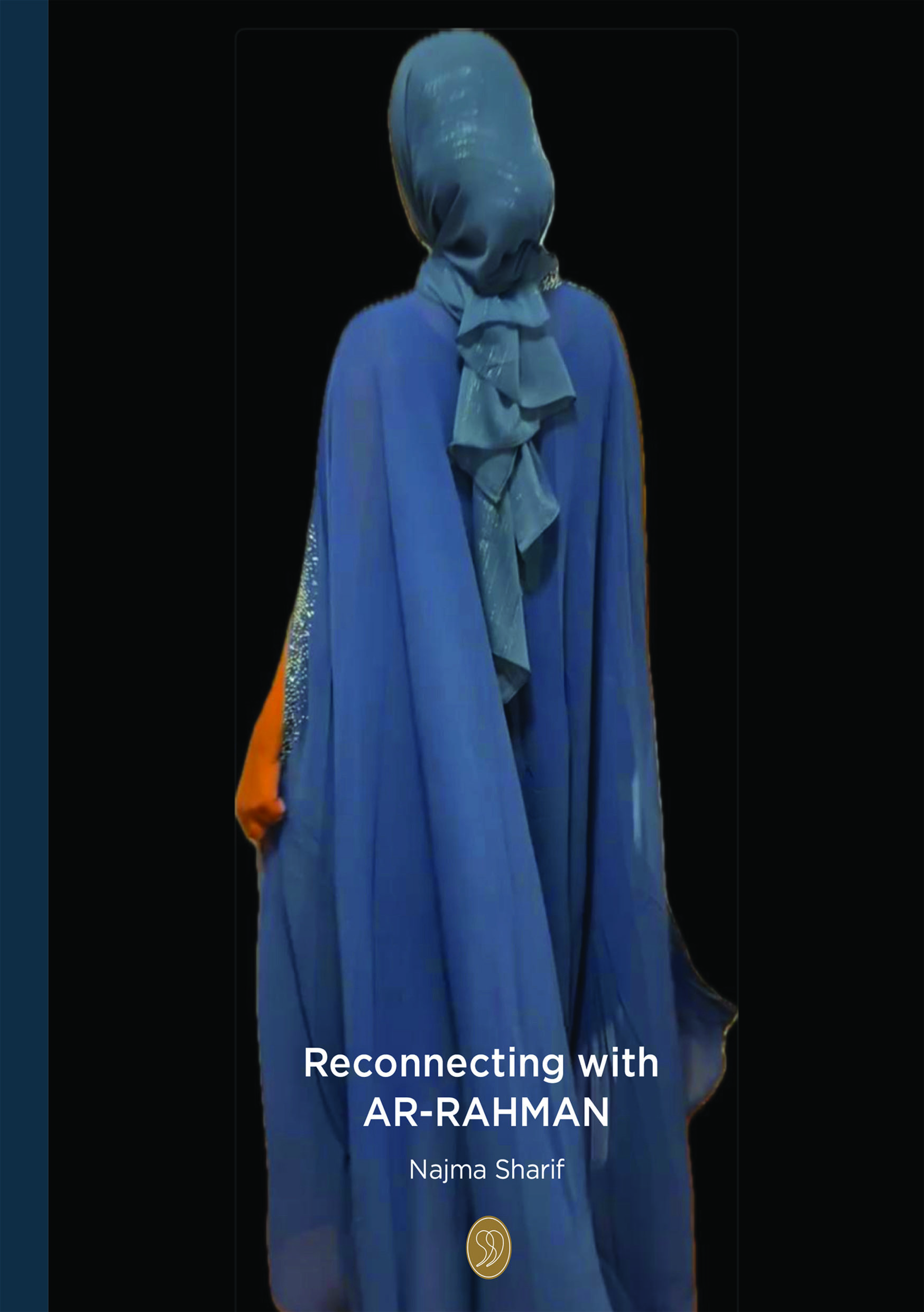

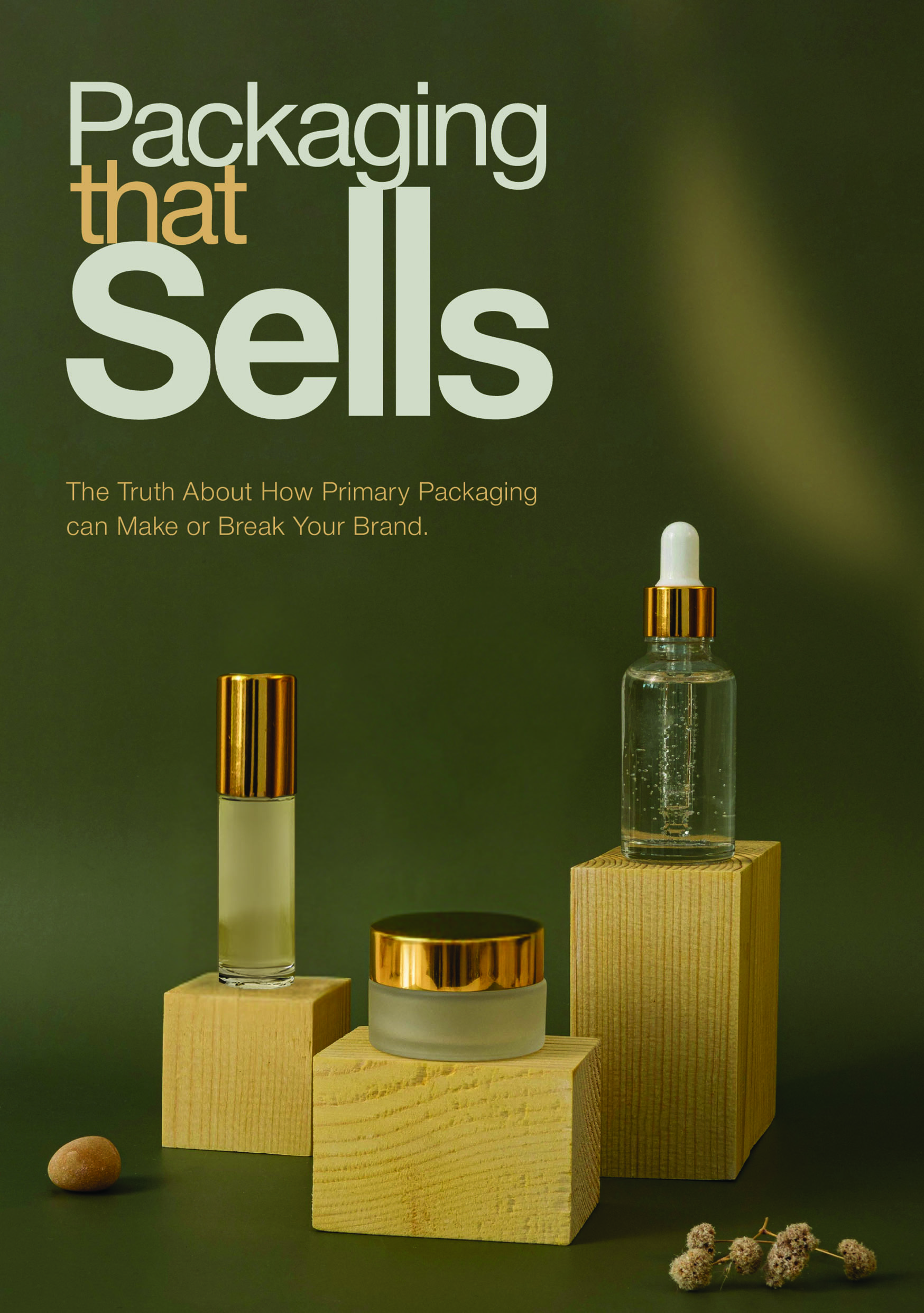

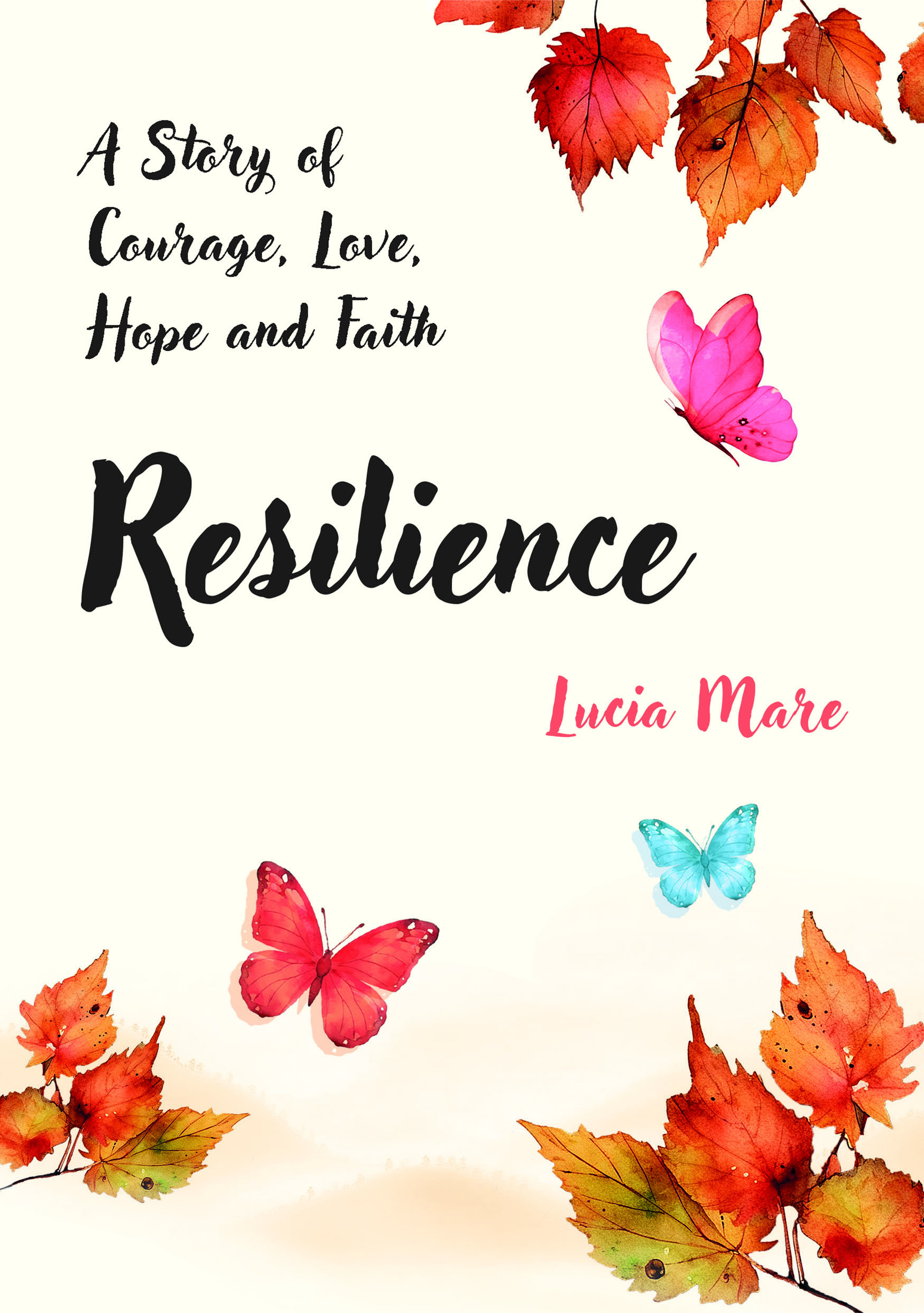

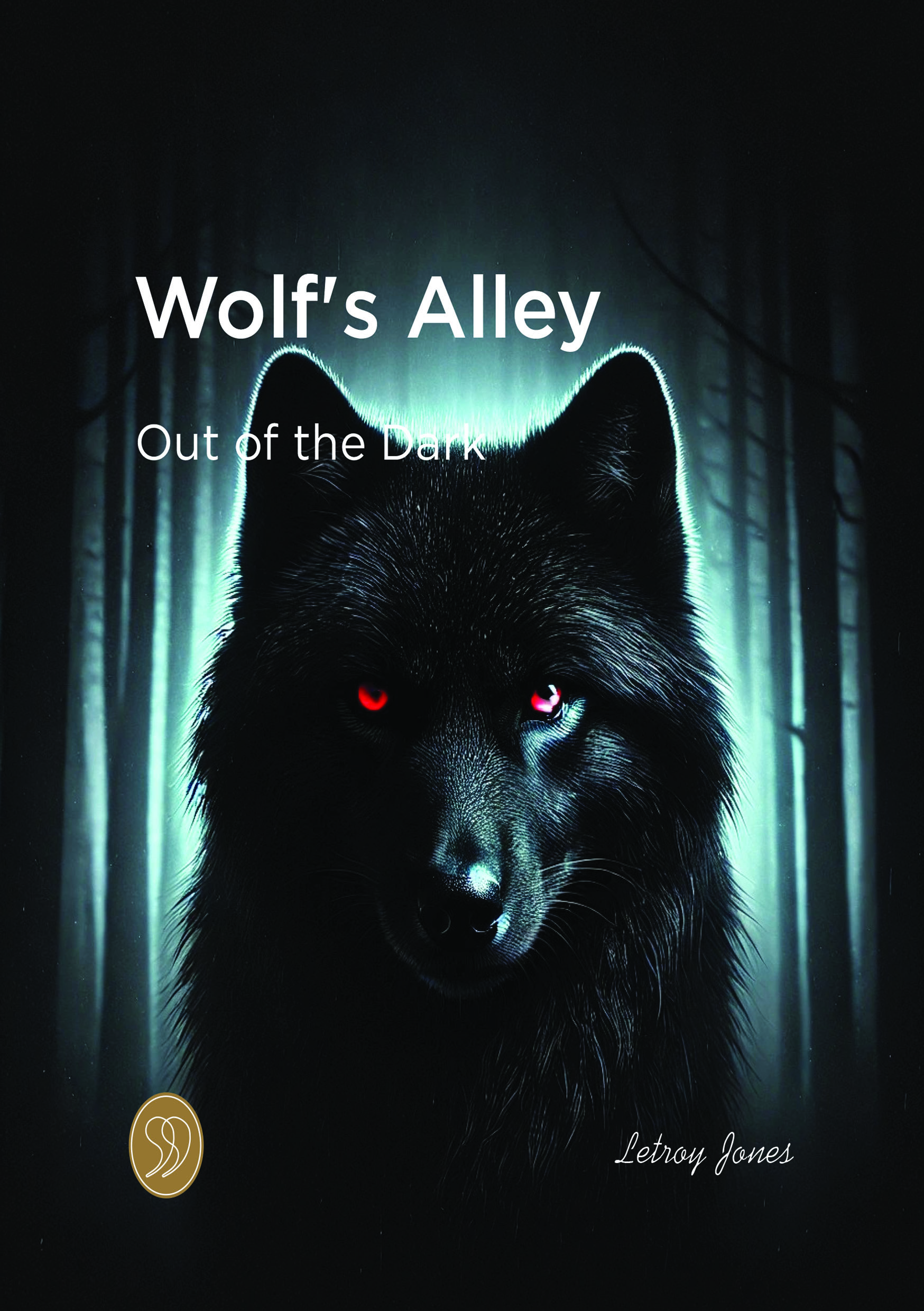

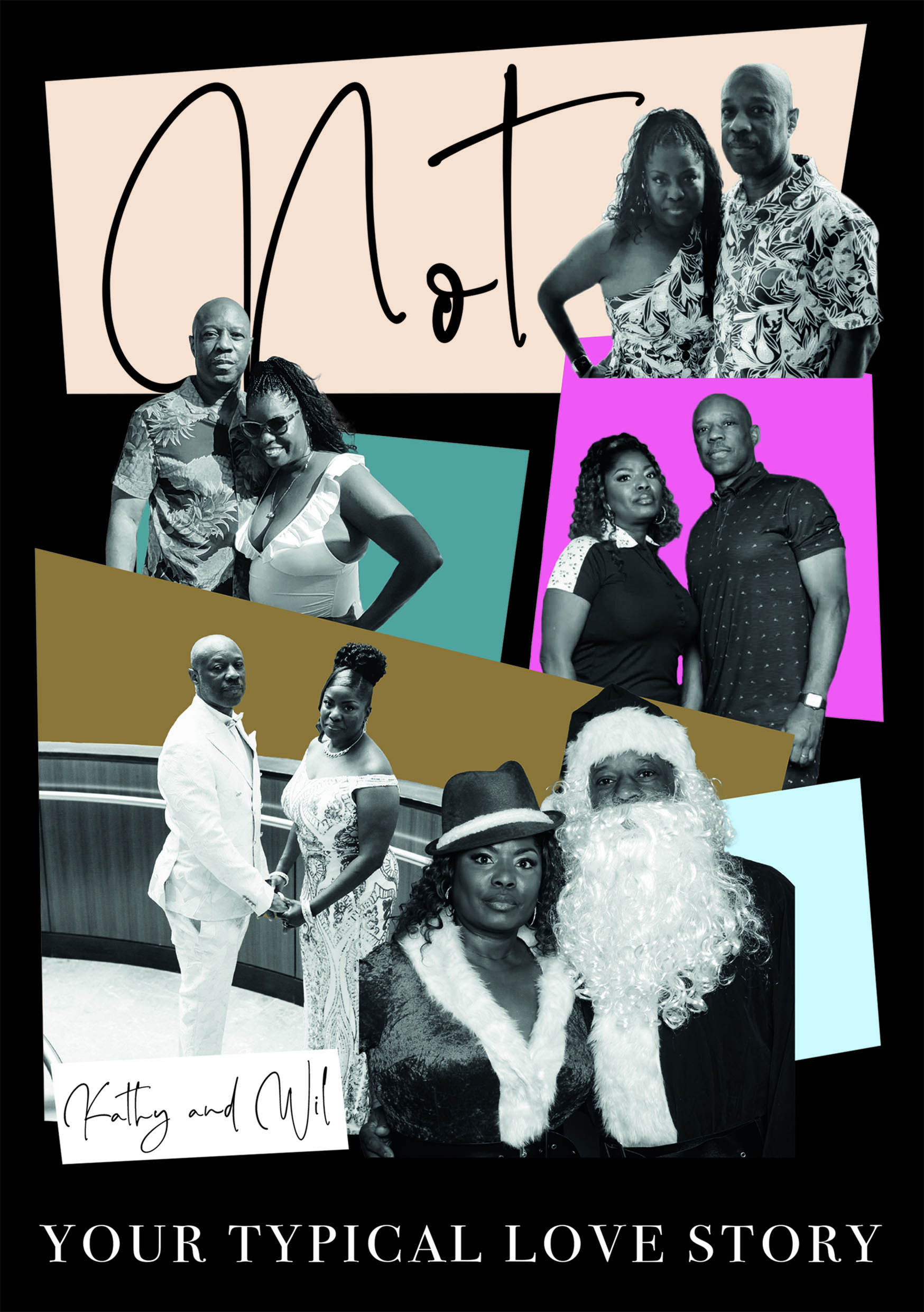

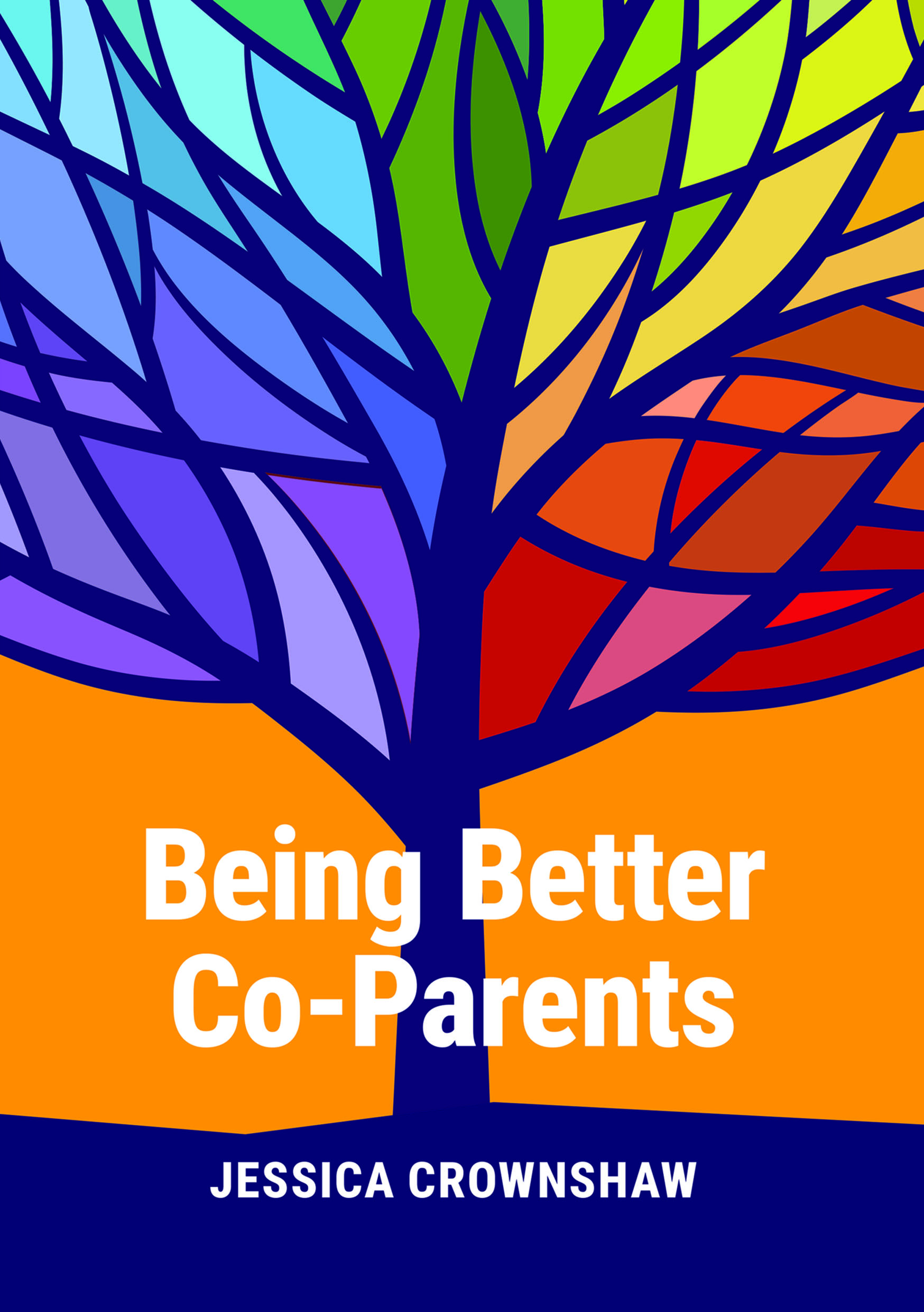

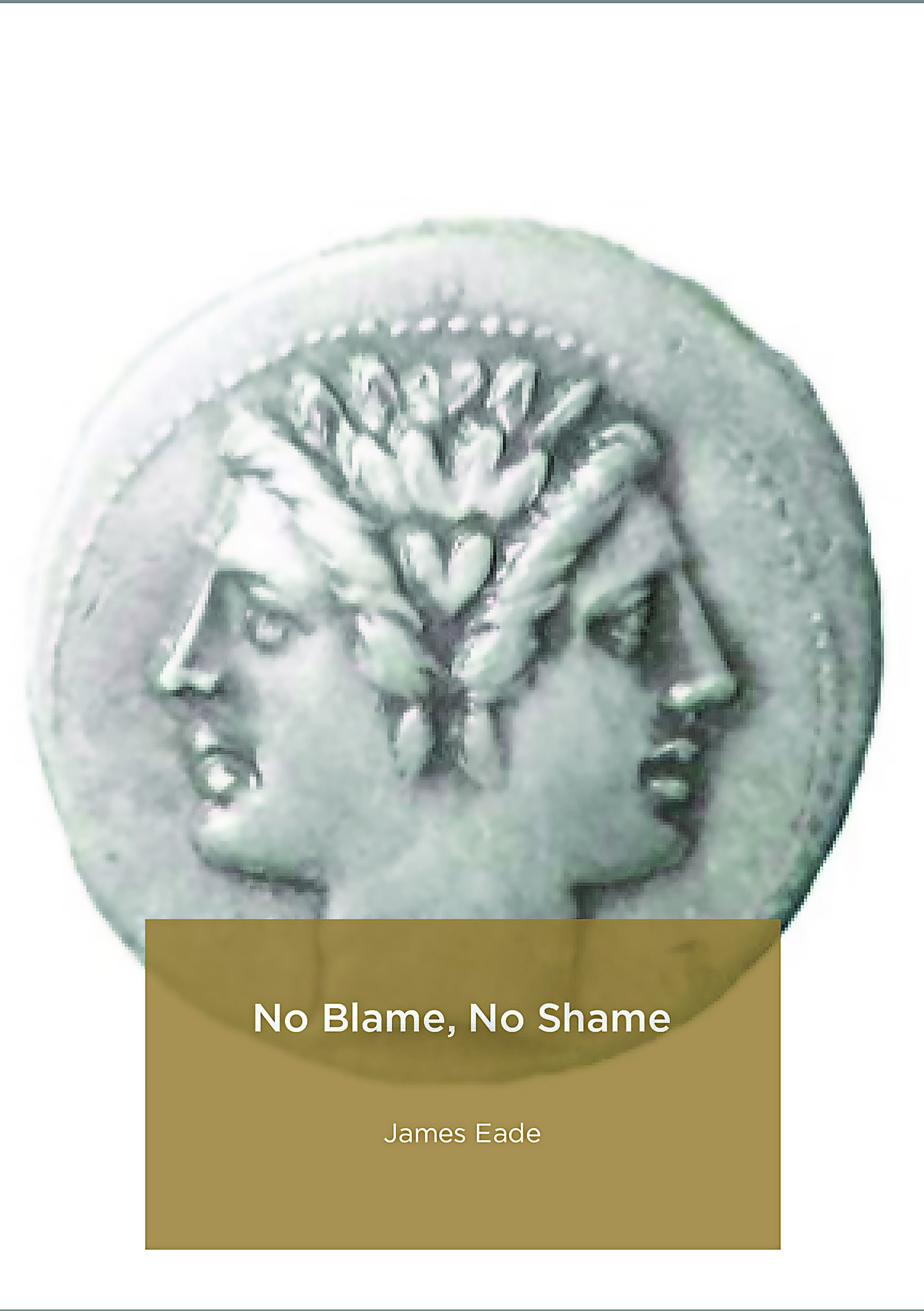

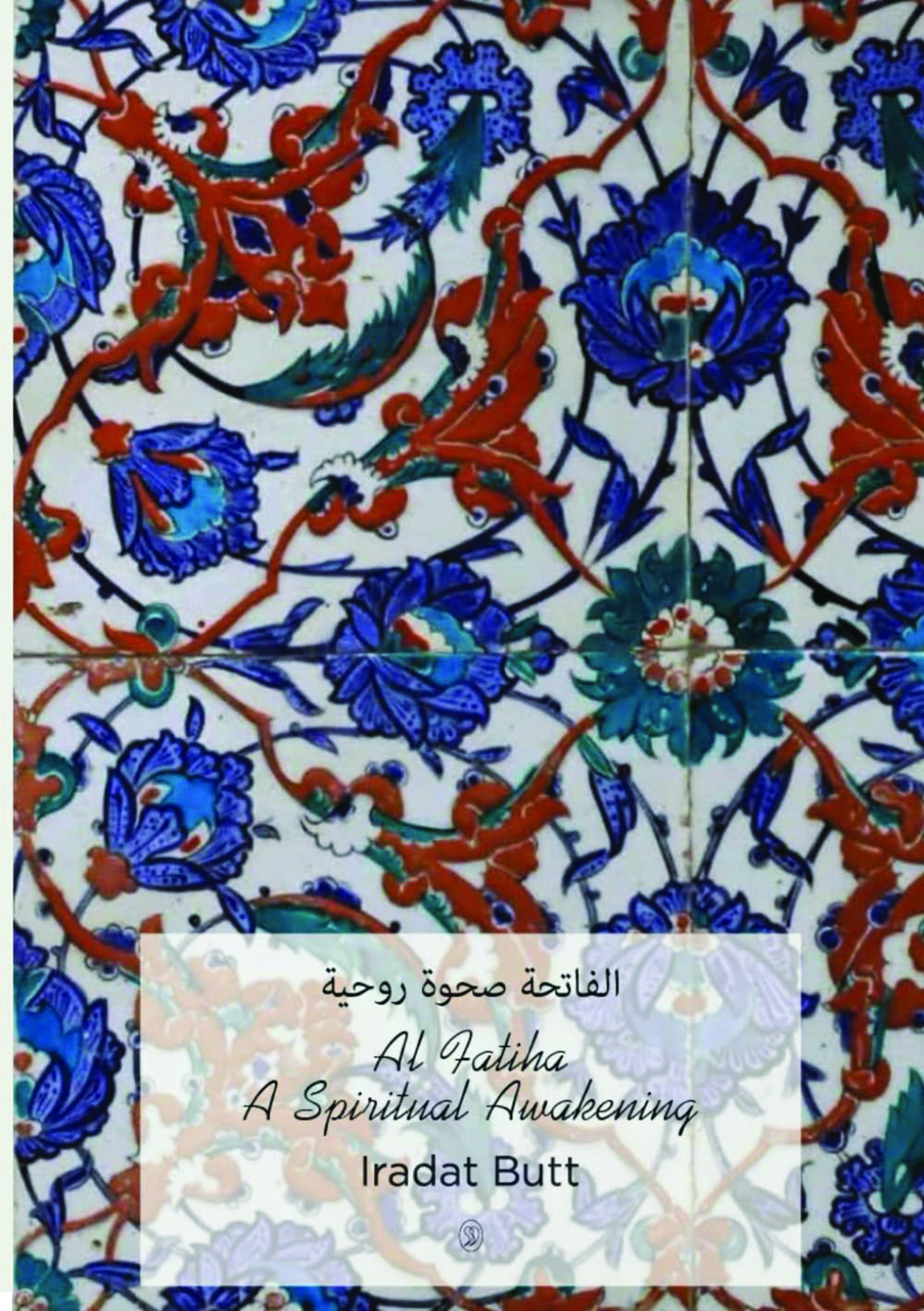

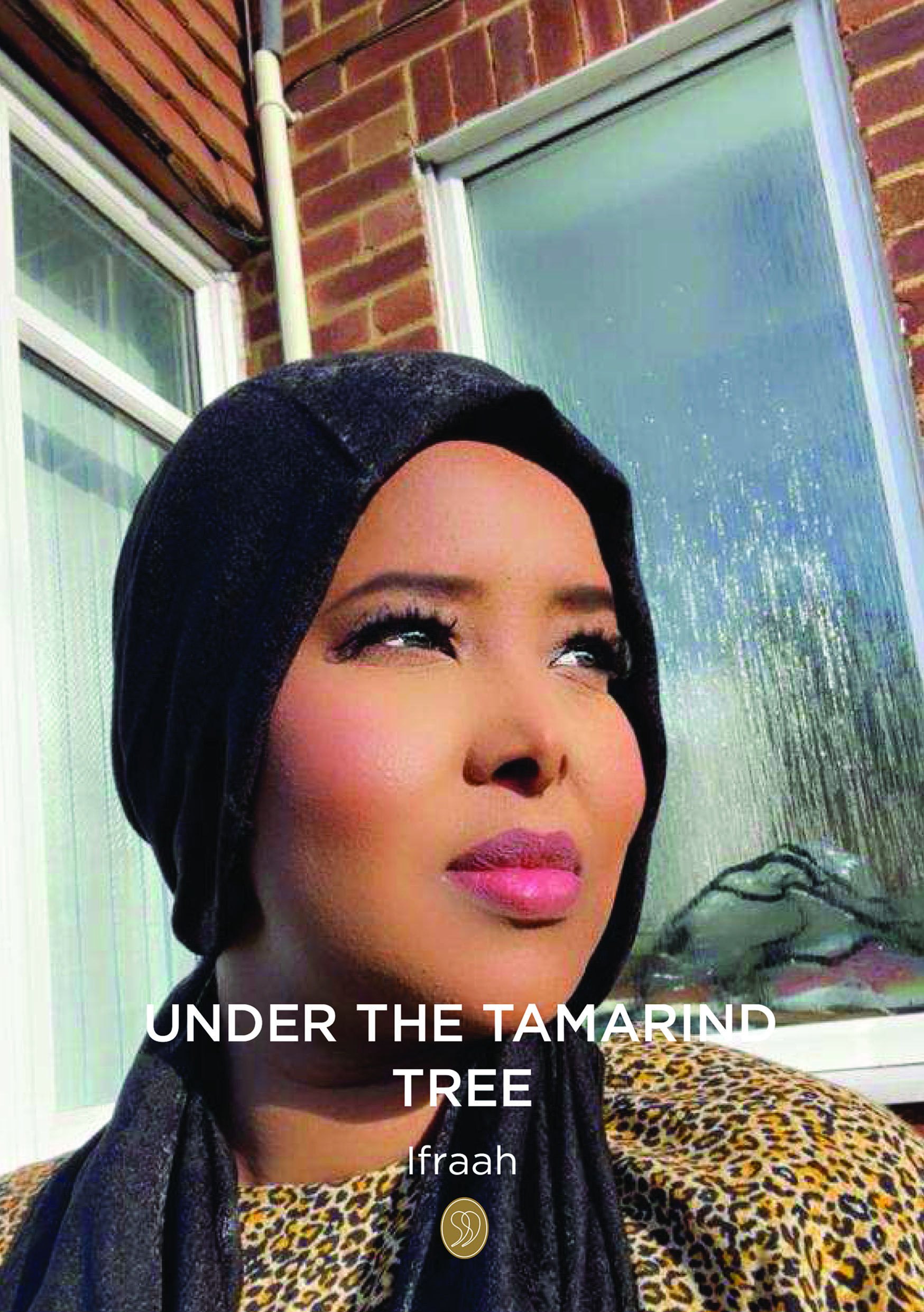

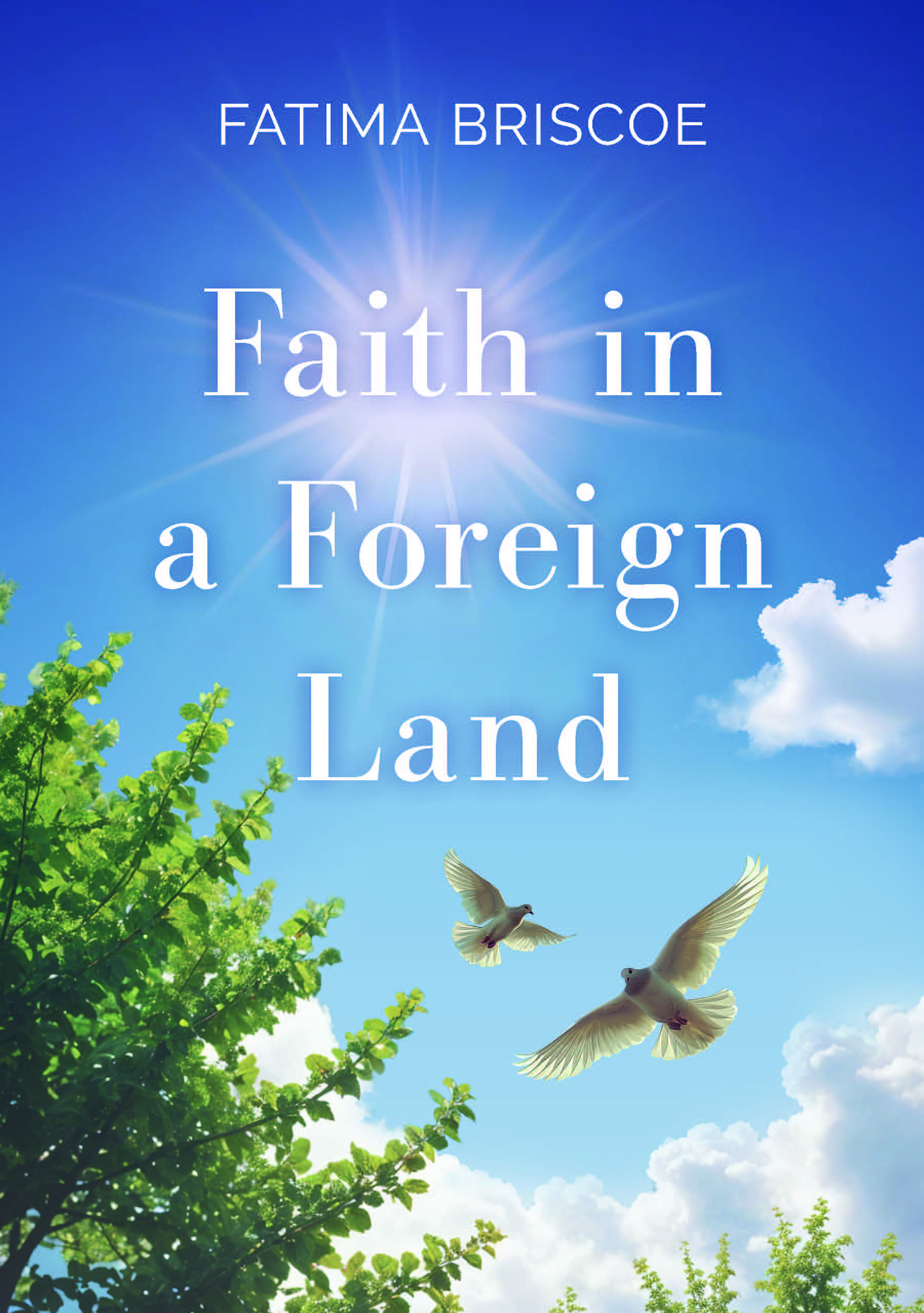

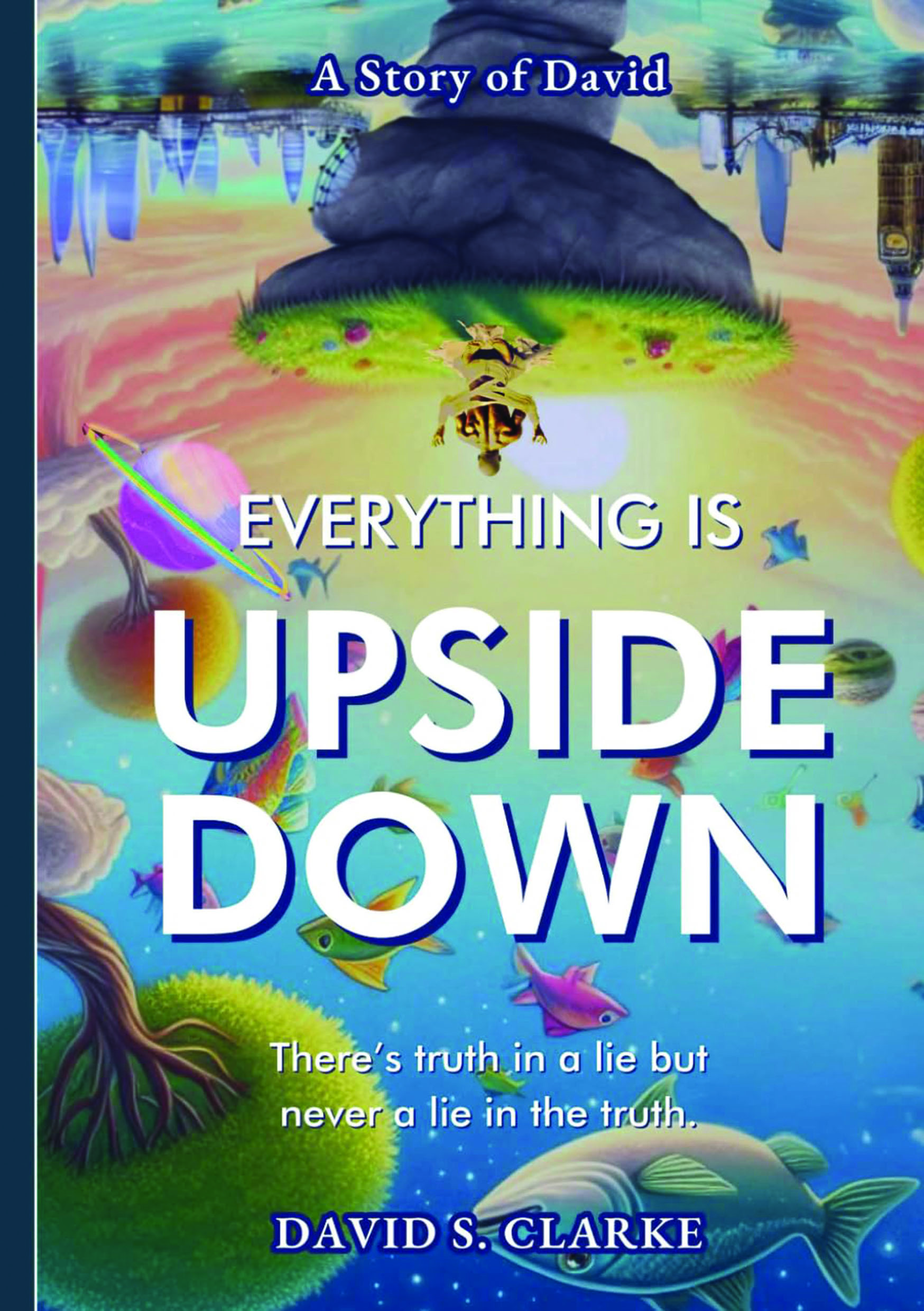

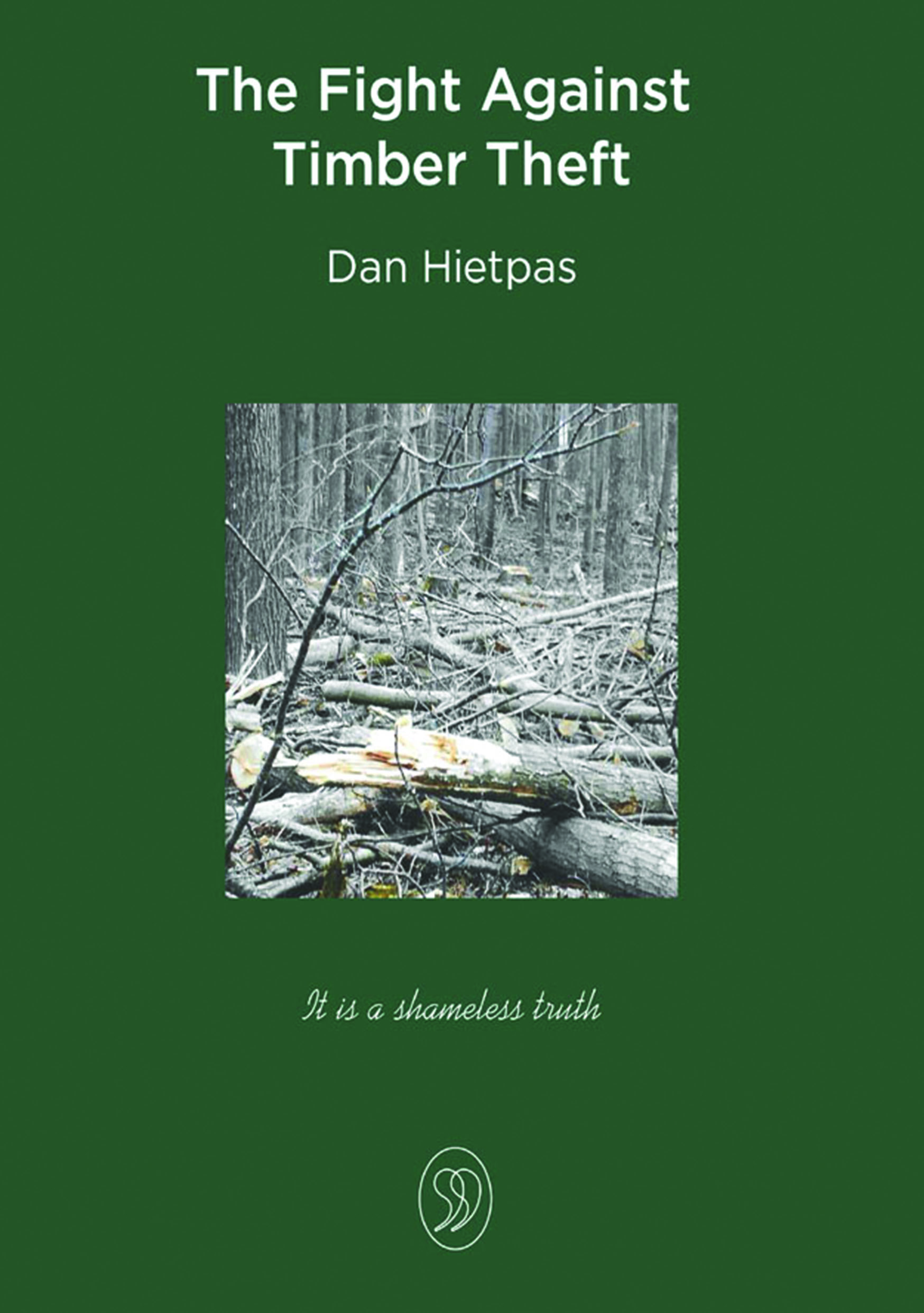

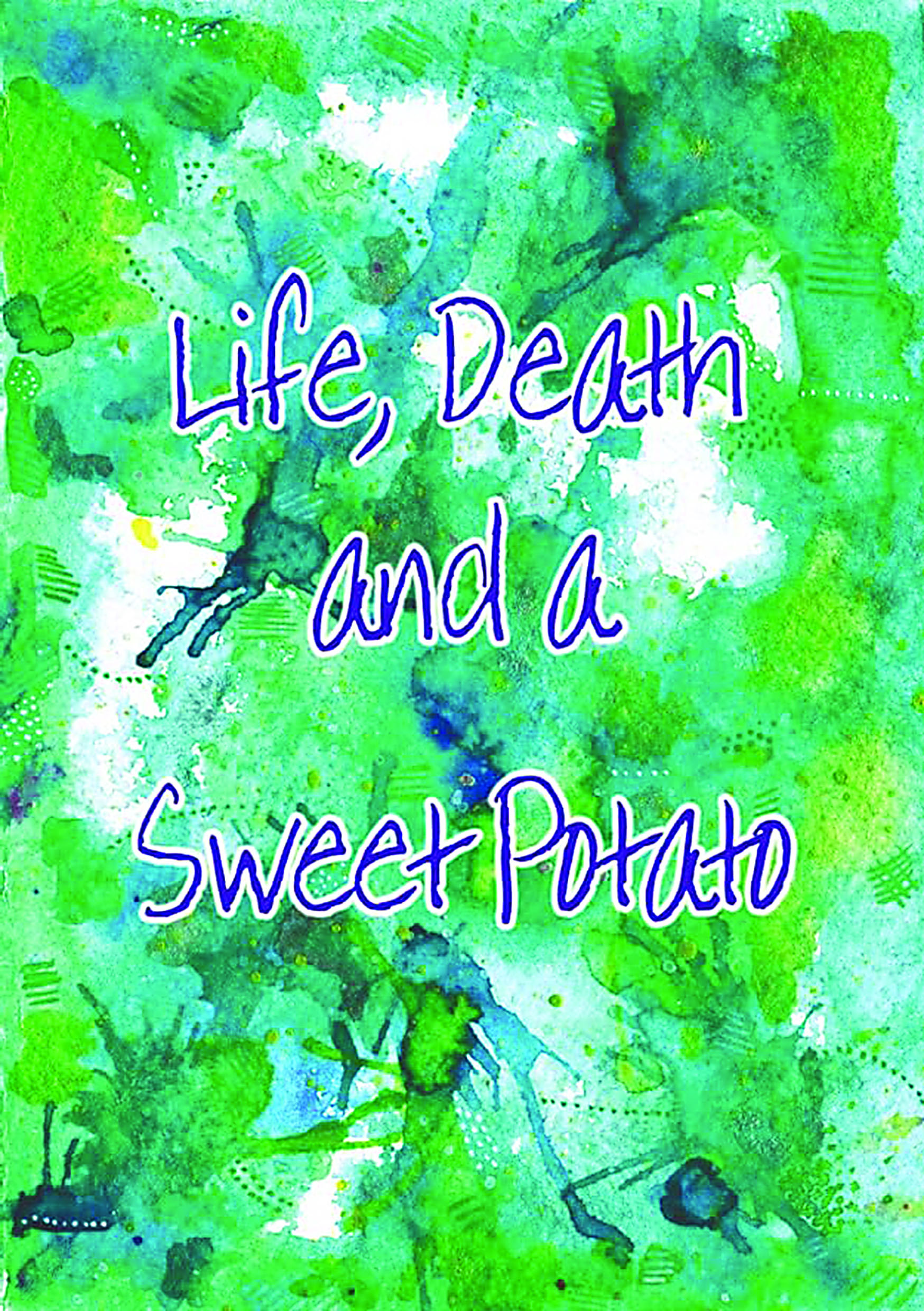

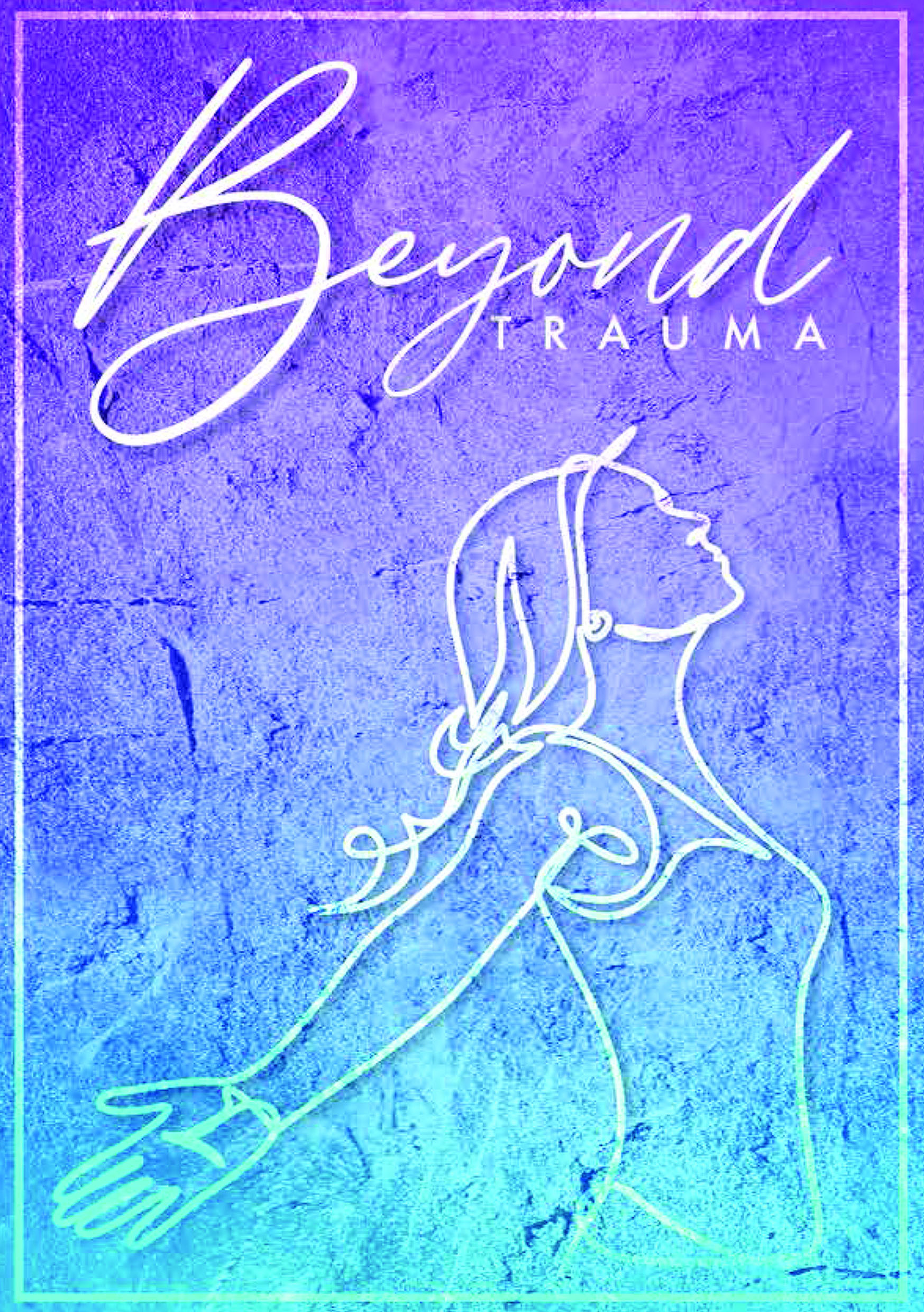

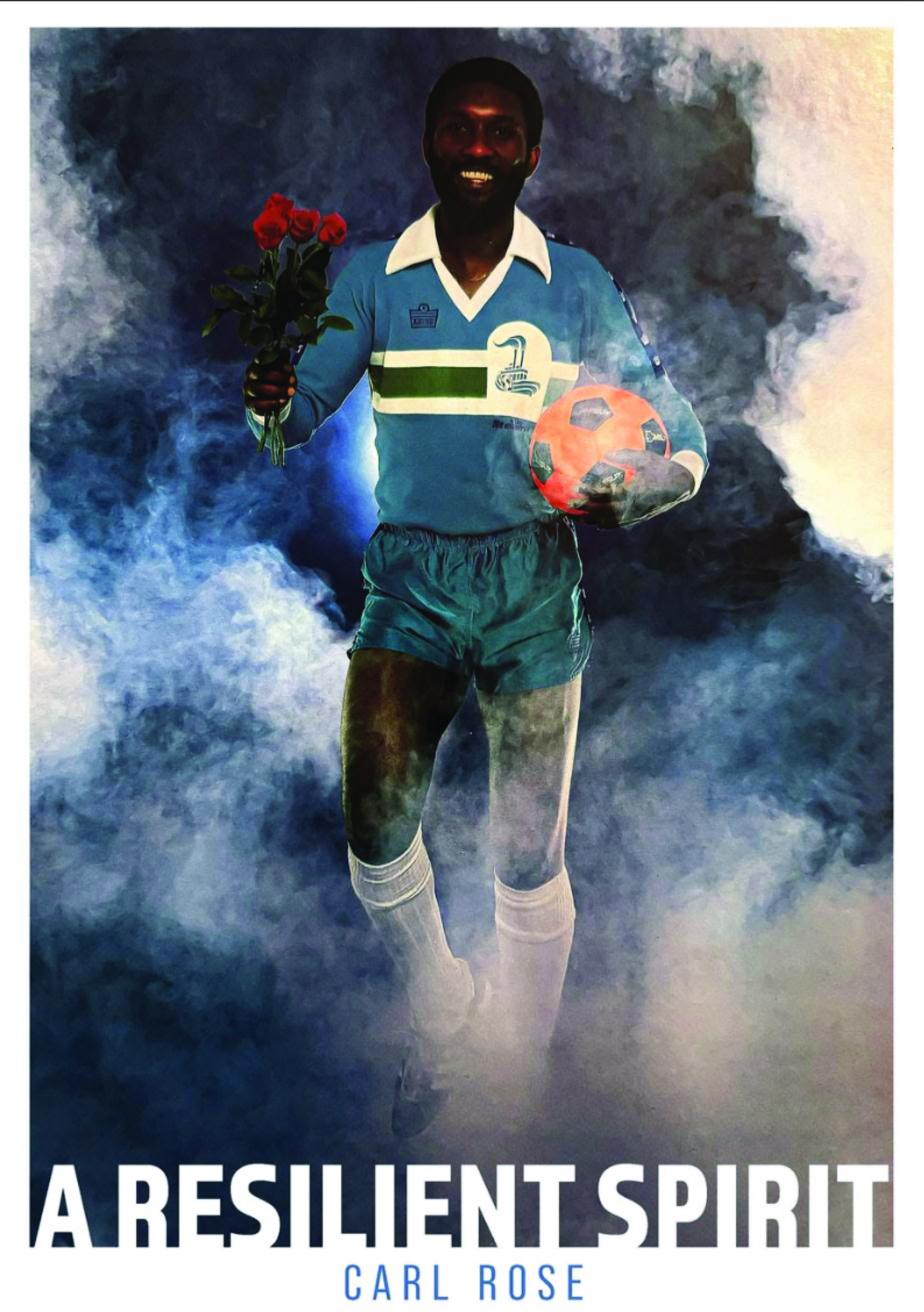

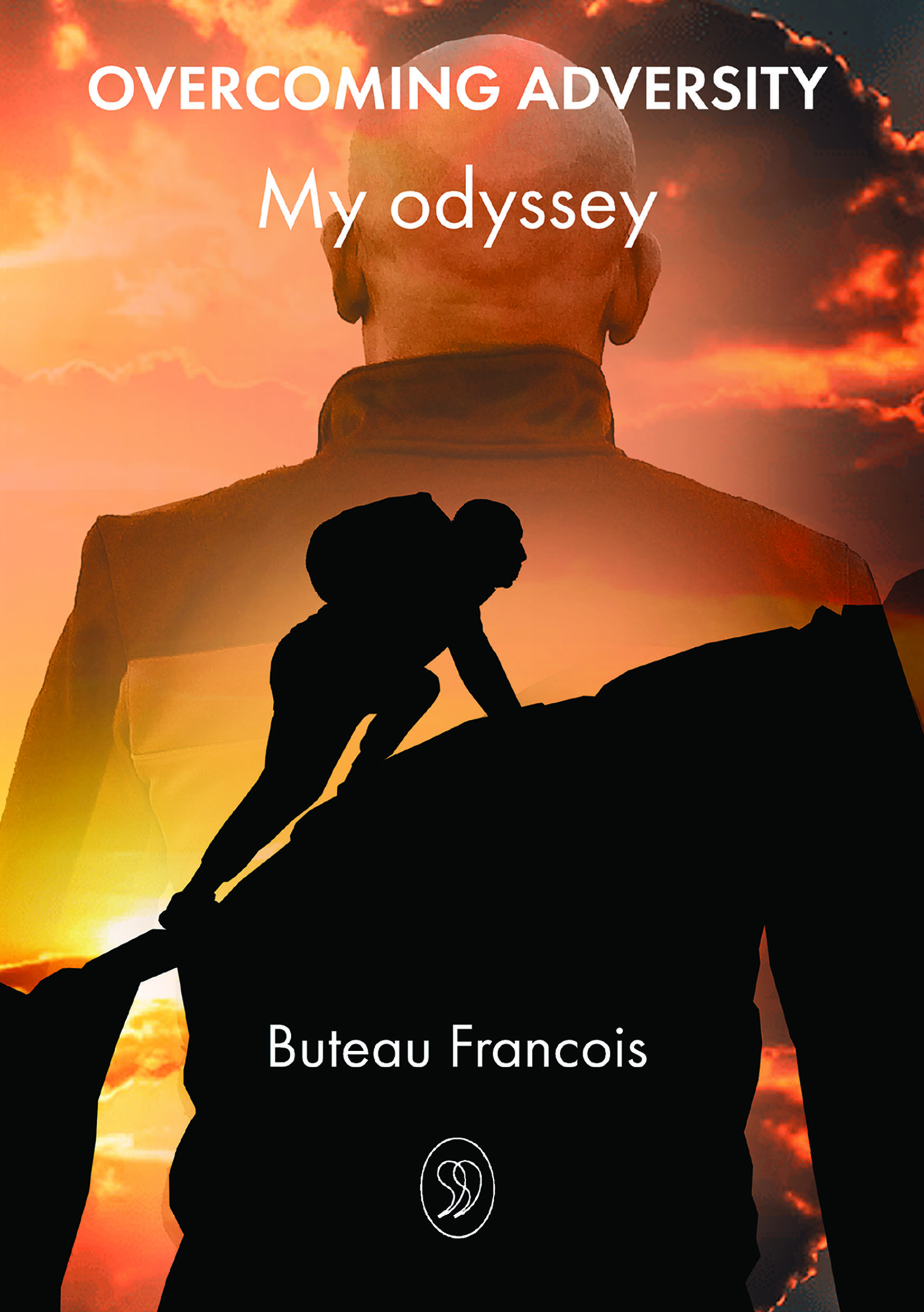

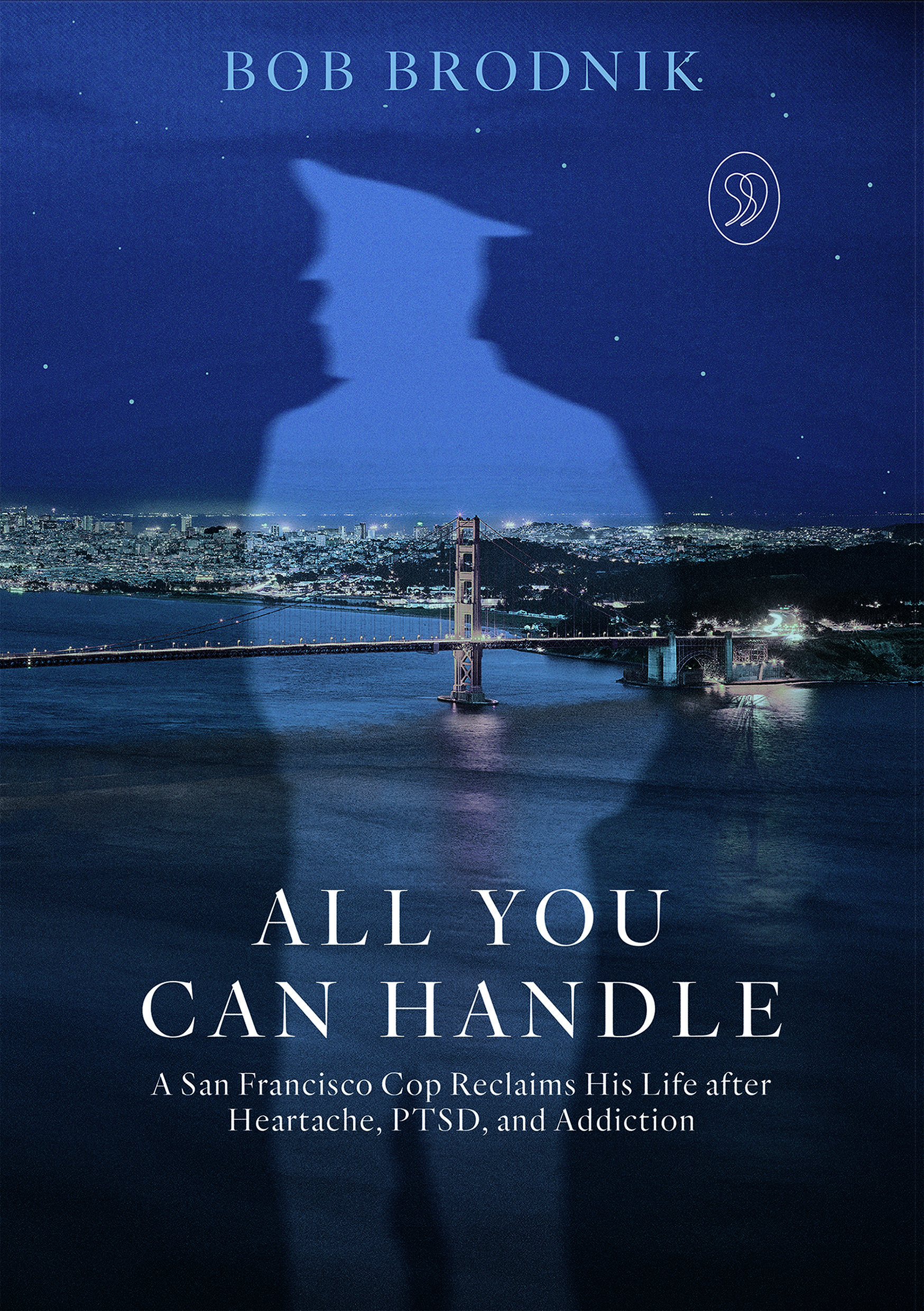

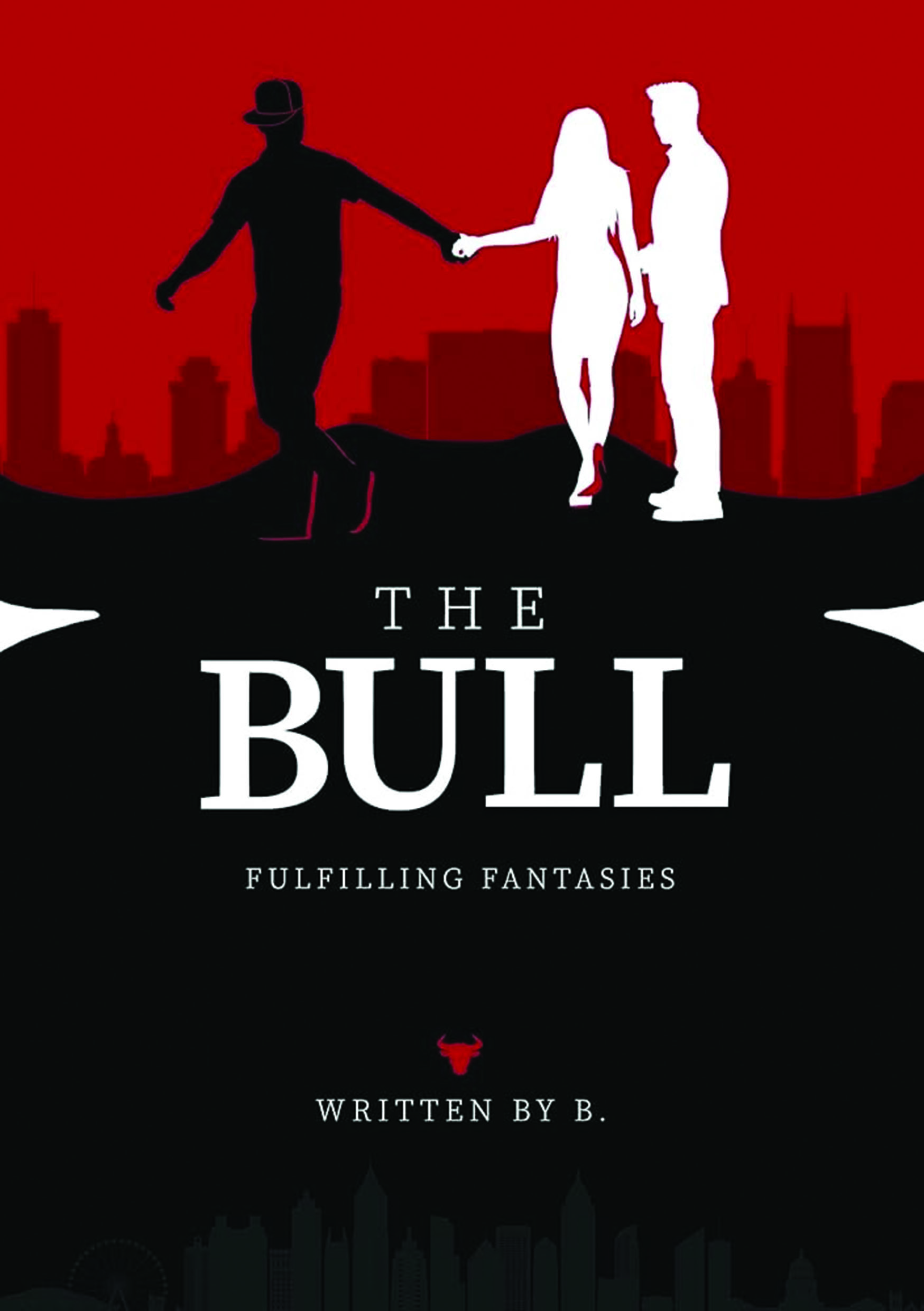

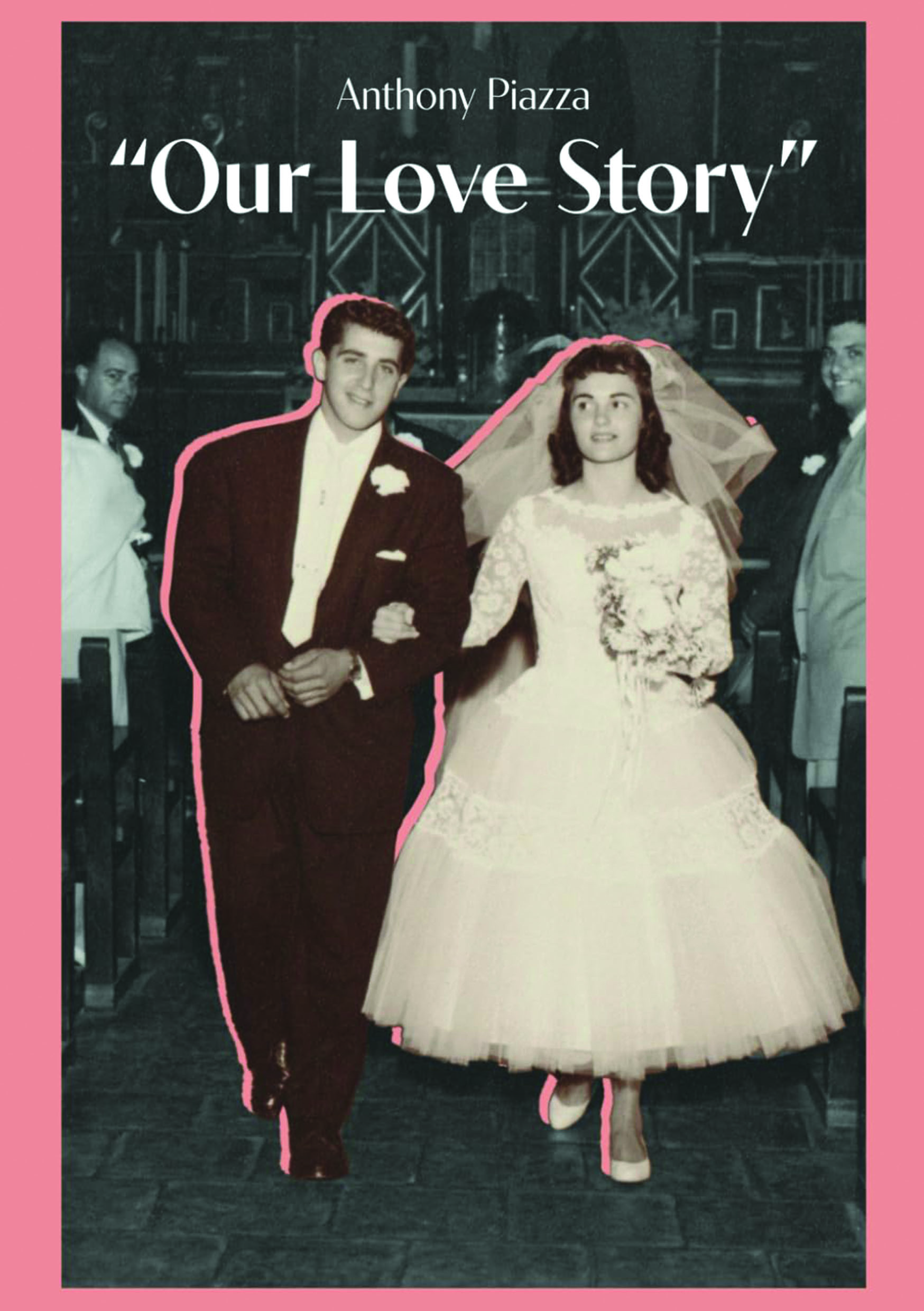

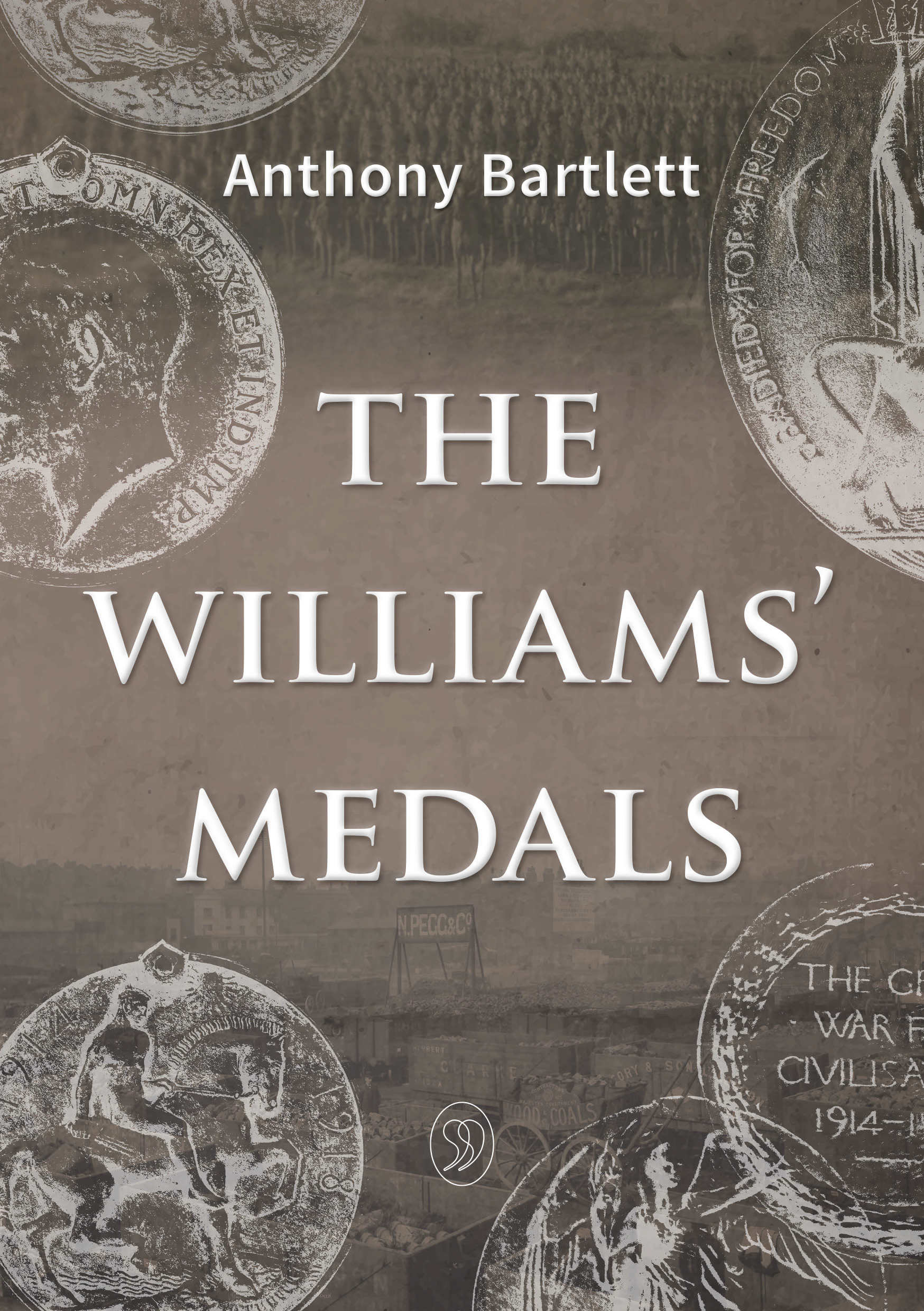

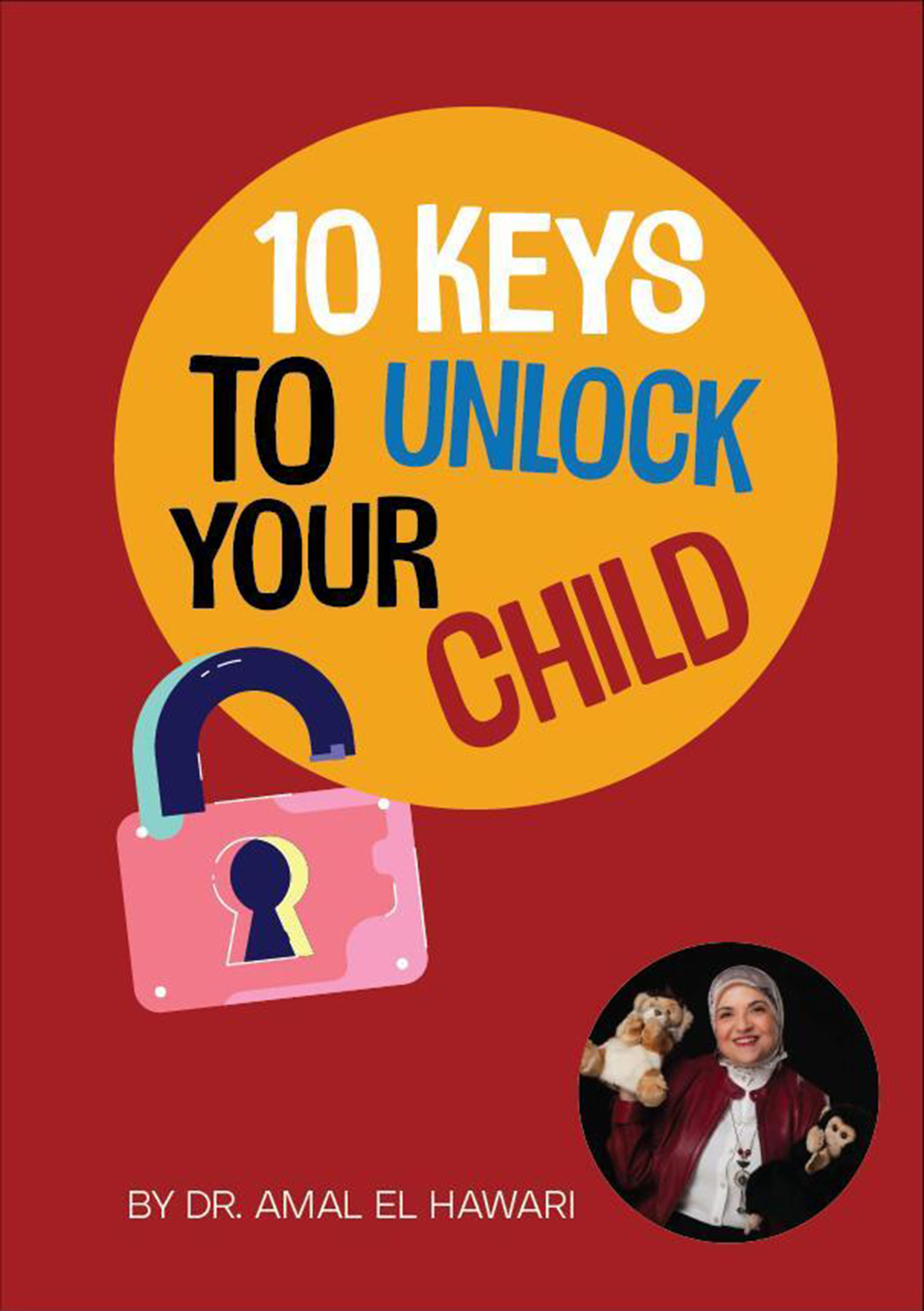

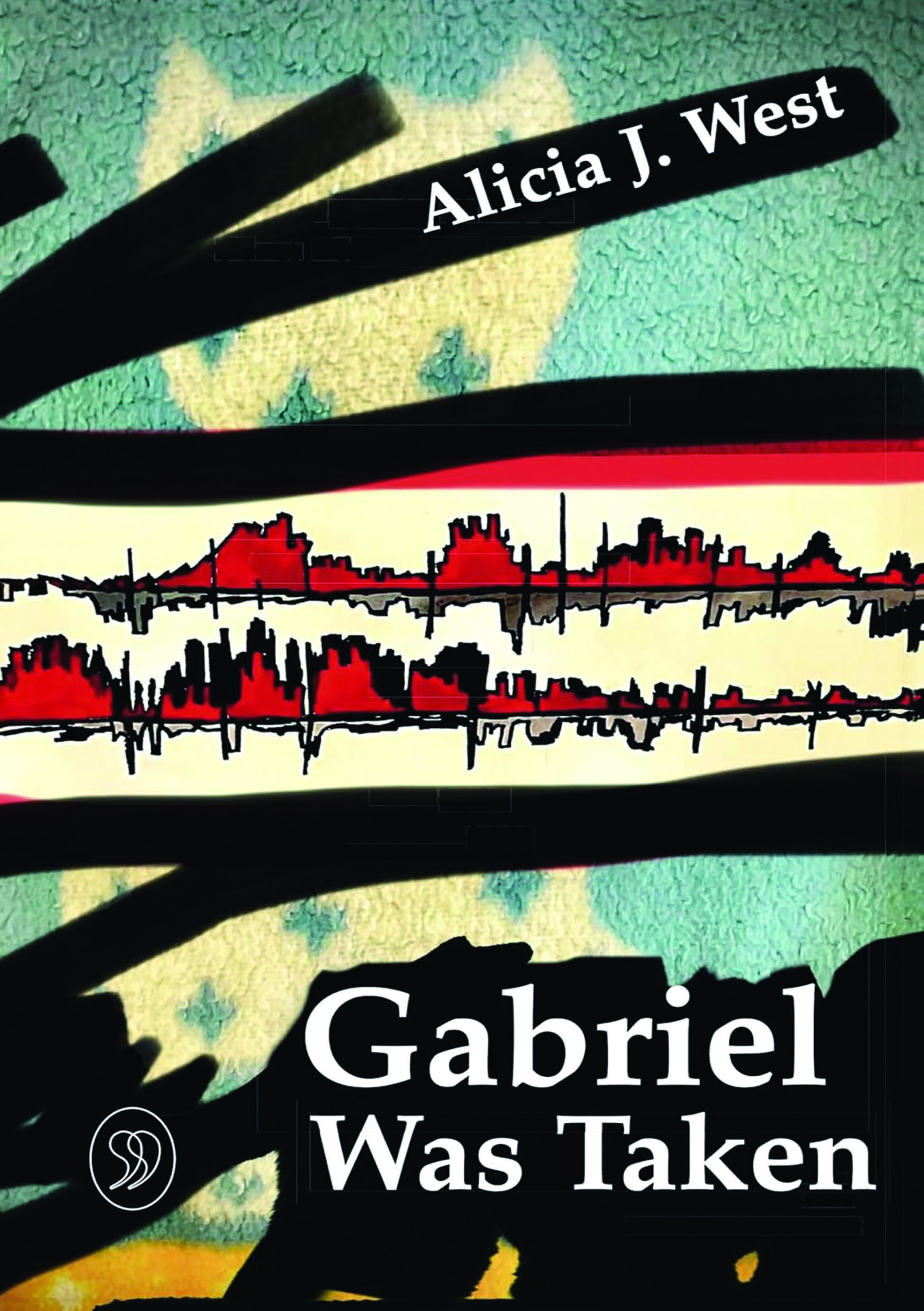









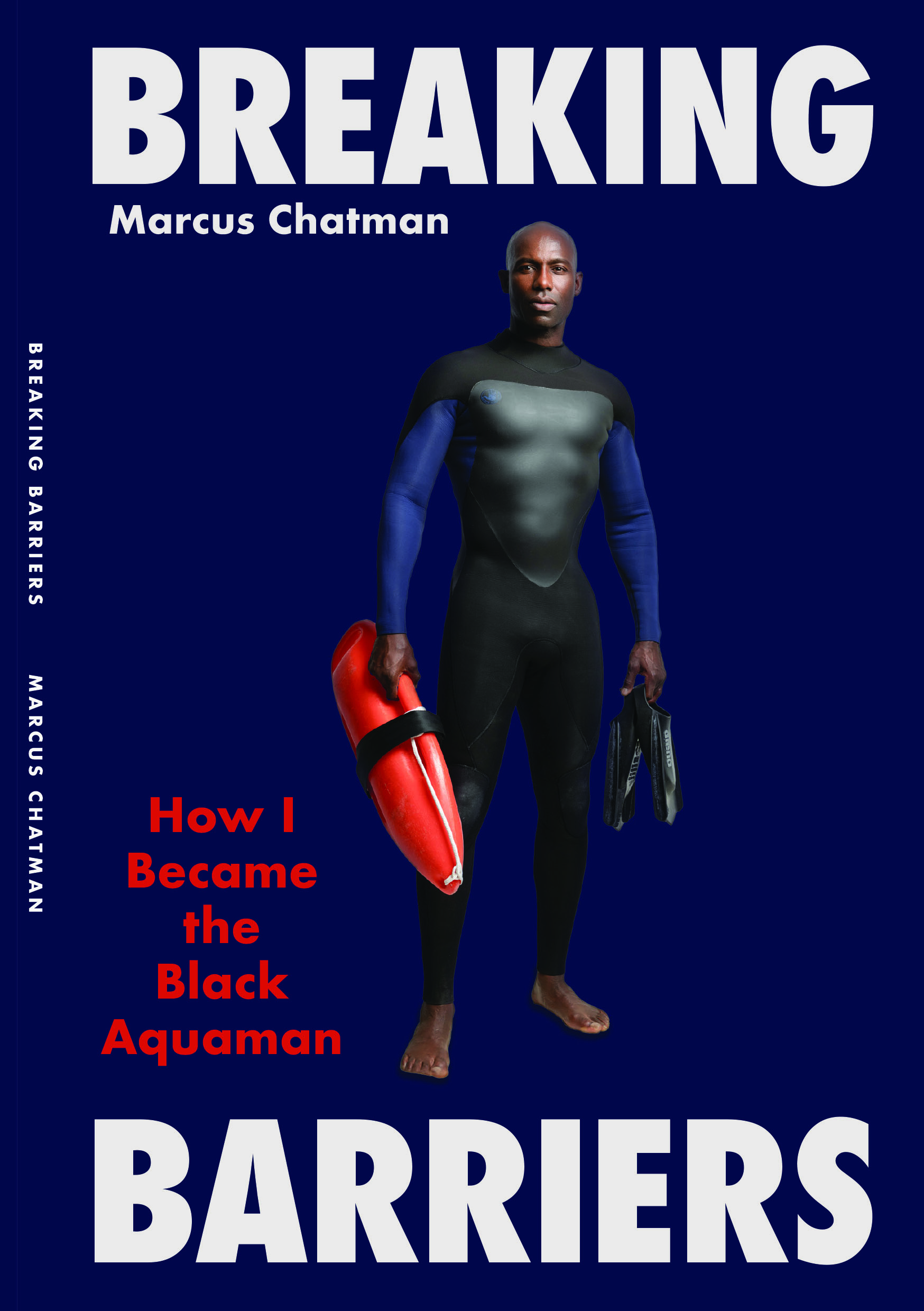



.jpg)









.webp)


























